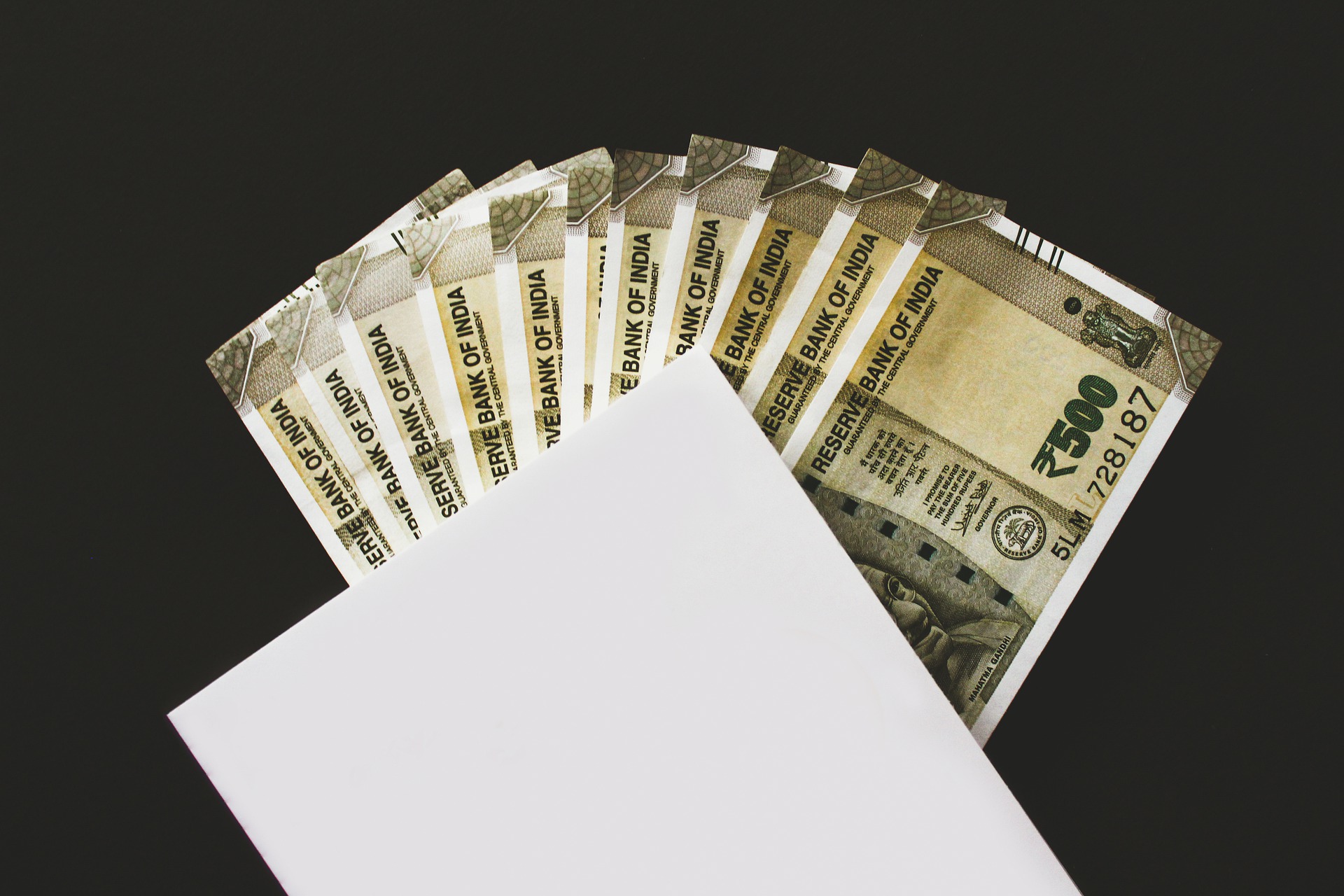SOURCE: DHNS
Keen to counter China’s influence in Sri Lanka, India on Friday extended a $400 million currency swap facility with Colombo to help its economy recover from Covid-19 crisis.
The currency deal between Reserve Bank of India and the Central Bank of Sri Lanka would help Sri Lanka mitigate the risk of future fluctuations on the rates of interests on the loans from India. Earlier this week, officials of the two governments also held discussion on rescheduling of repayment of about $840 million debt by Sri Lanka to India. Another round of discussion will be held on postponing repayment of loan as requested by Rajapaksa government.
The Indian High Commission in Colombo said that it would continue to facilitate such engagement as a part of New Delhi’s “overall commitment to work with Sri Lanka to counter and mitigate the effects of the Covid-19 pandemic”.
New Delhi’s twin moves to help Colombo came even as China of late renewed its attempt to further expand its footprints in Sri Lanka.
The Sri Lankan government recently constituted a panel comprising five officials to review the deal Sri Lanka inked with India and Japan in May 2019 for development of the East Container Terminal (ECT) of the Colombo Port.
The Sri Lankan government also accepted the demand of agitating workers to install in the ECT the three gantry cranes imported from China for the adjacent Jaya Container Terminal. New Delhi suspects that China had orchestrated the stir so that Colombo could initiate the review of the deal for developing the port.
China already holds the majority share in the adjacent Colombo International Container Terminal.
Sri Lanka is one of the Indian Ocean nations where China is trying to outsmart India to spread its geo-strategic influence. The tiny island nation had to lease out the Hambantota Port to China for 99 years after its construction by a company based in the communist country resulted in a huge debt burden for it.
The second of Mahinda Rajapaksa’s two consecutive terms (2005-2015) in the office of Sri Lankan President had seen China expanding its footprints in the Indian Ocean island nation, causing much unease to India. He had ignored the security interests of India and allowed China to develop strategic assets, like Hambantota Port, in the island. He had also allowed two nuclear submarines of the People Liberation Army Navy of China to dock at the Colombo Port, raising hackles in New Delhi.







